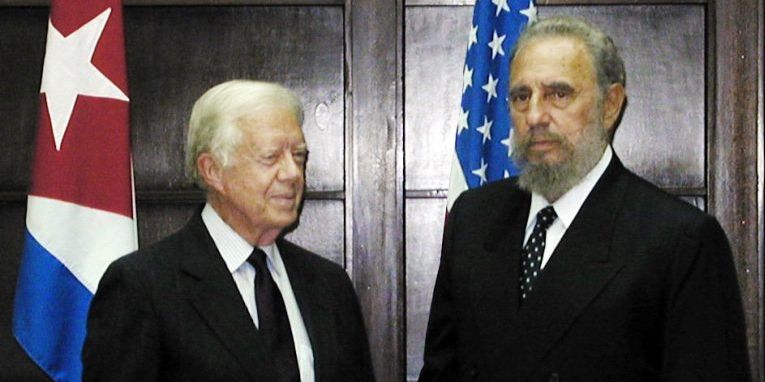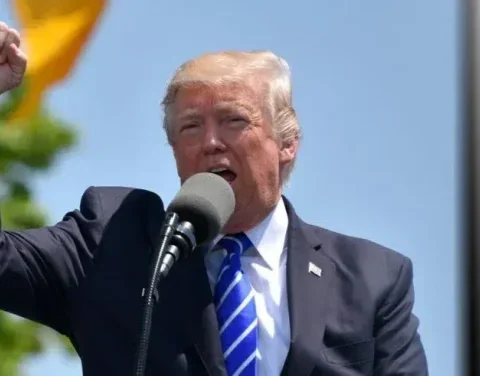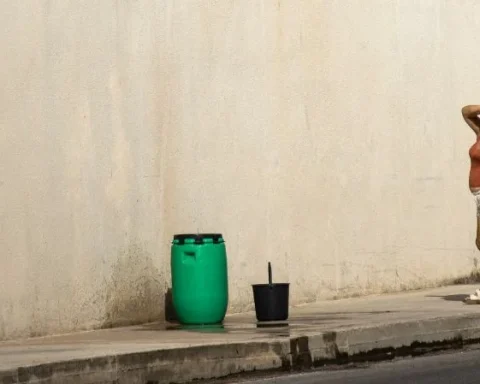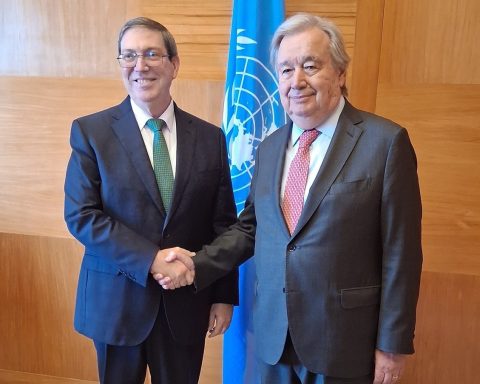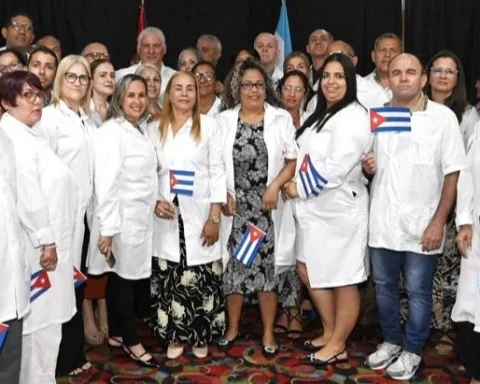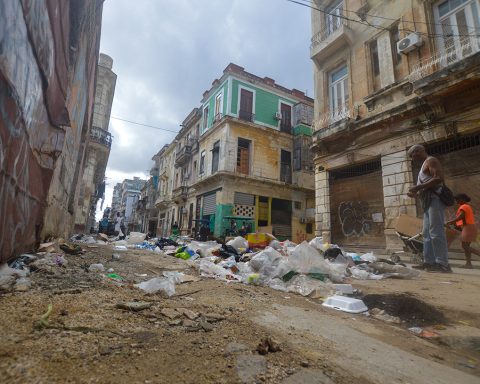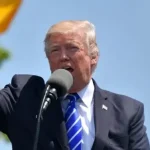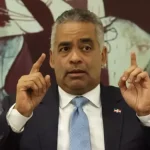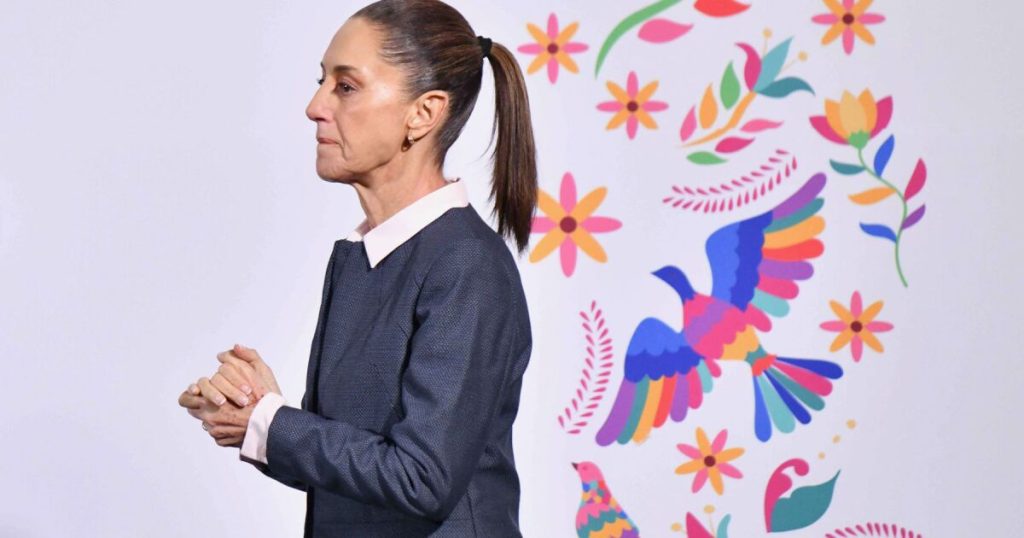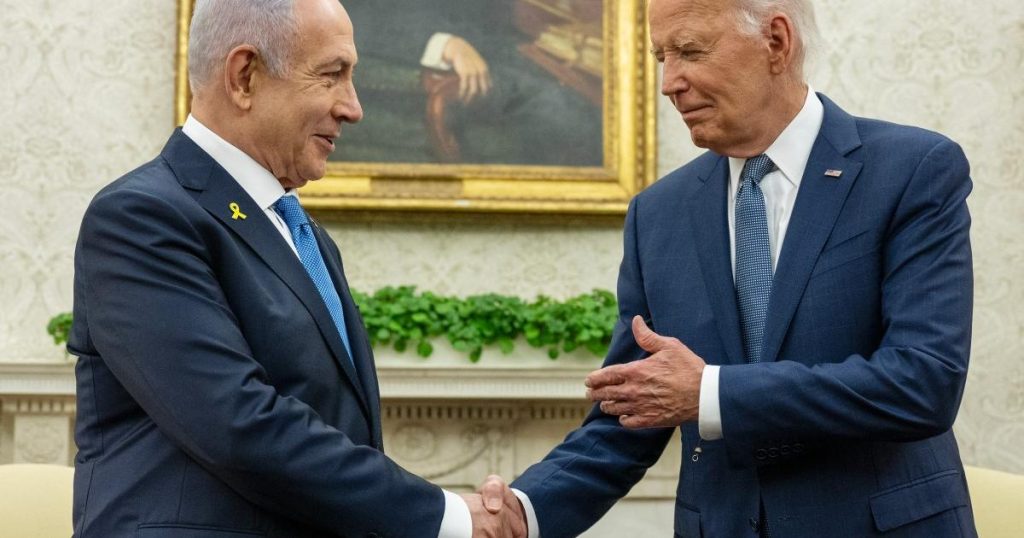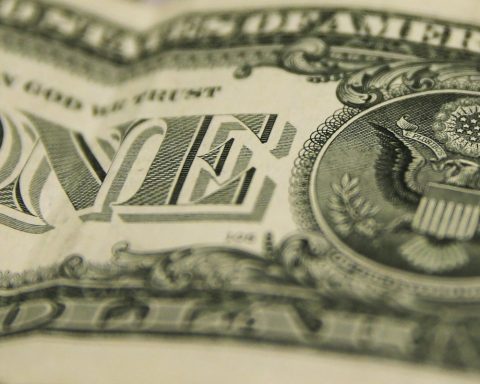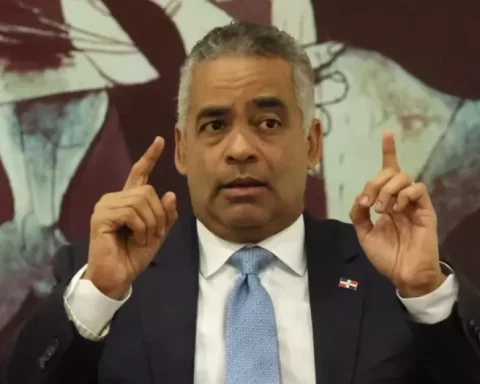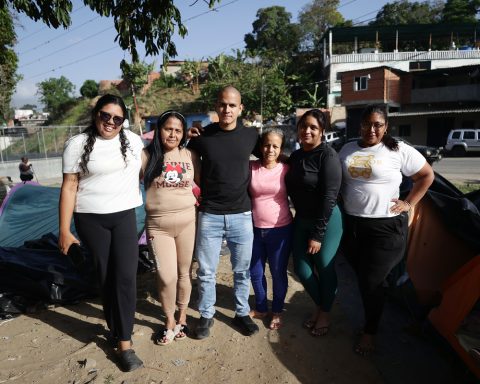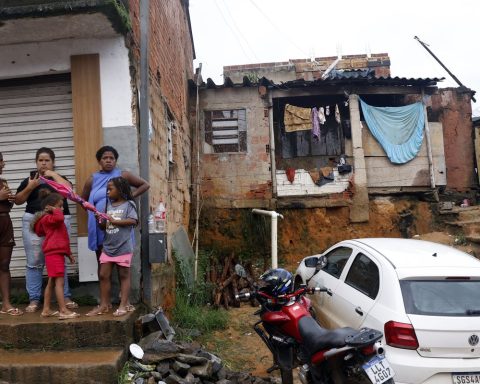AREQUIPA, Peru – Former President of the United States, Jimmy Carter, who governed that country between 1977 and 1981, died this Sunday at his home in Plains, Georgia, at the age of 100.
The news was confirmed by the former president’s son, James E. Carter III, to Washington Postalthough it did not provide further details of the death.
The death comes just over a year after the Carter Center announced the former president’s decision to suspend his medical treatments and spend his last days at home under palliative care.
Rosalynn Carter, wife of the former president, died on November 19, 2023 at the age of 96.
Jimmy Carter’s tenure as president of the United States It was marked by important foreign policy events such as the Panama Canal treaties, the Camp David peace agreements (peace treaty between Egypt and Israel), the SALT II treaty with the Soviet Union and the establishment of diplomatic relations. with China.
In relation to domestic policy, his government created the Departments of Energy and Education and strengthened environmental protection legislation.
Since leaving the White House, Carter dedicated himself to mediating international conflicts and supporting humanitarian causes that earned him the Nobel Peace Prize in 2002.
Furthermore, in 1982, together with his wife, he founded the aforementioned Carter Center, a non-governmental organization that fights for the advancement of human rights, mediation in international conflicts and has been present as an observer in different electoral processes.
Jimmy Carter: his relationship with Cuba
Jimmy Carter, the thirty-ninth president of the United States (1977-1981), visited Cuba on May 12, 2002, which represented the first visit by a US president to the Island in 1959.
Although the images of Carter next to Fidel Castro in the Latin American Stadium remain in the memory of the majority, the former president fulfilled a five-day agenda that included visits to the Aula Magna of the University of Havana – with speech included—, to a medical school, to the Havana sanatorium —where AIDS patients receive care—, and even to a private restaurant.
Beyond the criticism made by Carter of the single-party system promoted by the communist regime, the former president’s trip to Cuba was well used by the Castro regime, especially because the former ruler called on the US authorities to lift the embargo, something he would repeat. Obama in March 2016.
After returning to the United States, Jimmy Carter himself would explain the reasons for his visit to the Island in a statement published on the Carter Center’s website.
“Our goals were to establish a dialogue with Castro, reach out to the Cuban people and look for ways to improve relations between the United States and Cuba. I wanted to explore with the president and other Cuban leaders any indication of flexibility in economic or political policy that could help ease tensions between our two countries. For example, having been quite familiar with Deng Xiaoping’s transformation of China’s economy by gradually allowing small family businesses to expand, I thought this might be a possibility. Additionally, foreign investors would be more inclined toward Cuba if they could hire and pay their own employees directly rather than through state agencies.”
Nine years after that visit, Carter would return to the Island. During his three-day visit to Havana, the former president met with Cuban officials fourteen years later.
Carter’s last visit to Cuba came shortly after US citizen Alan Gross was tried and sentenced to 15 years in prison for providing Internet access to Cuban dissidents.
